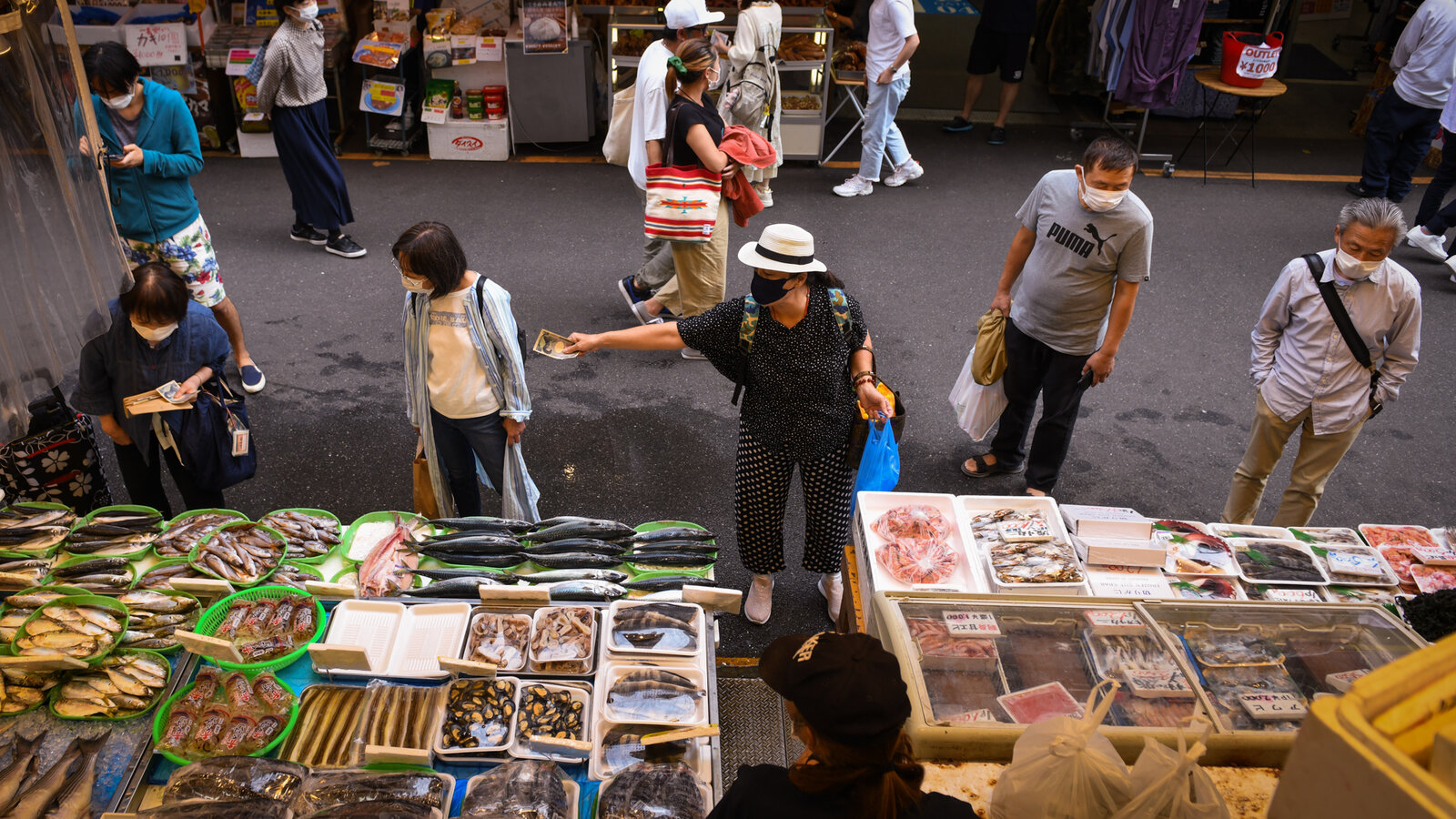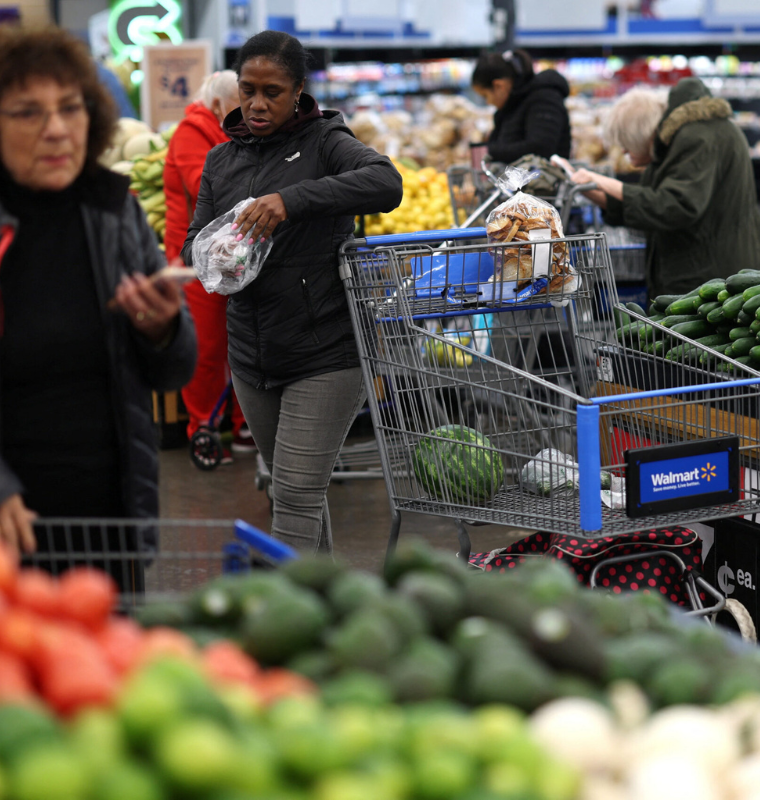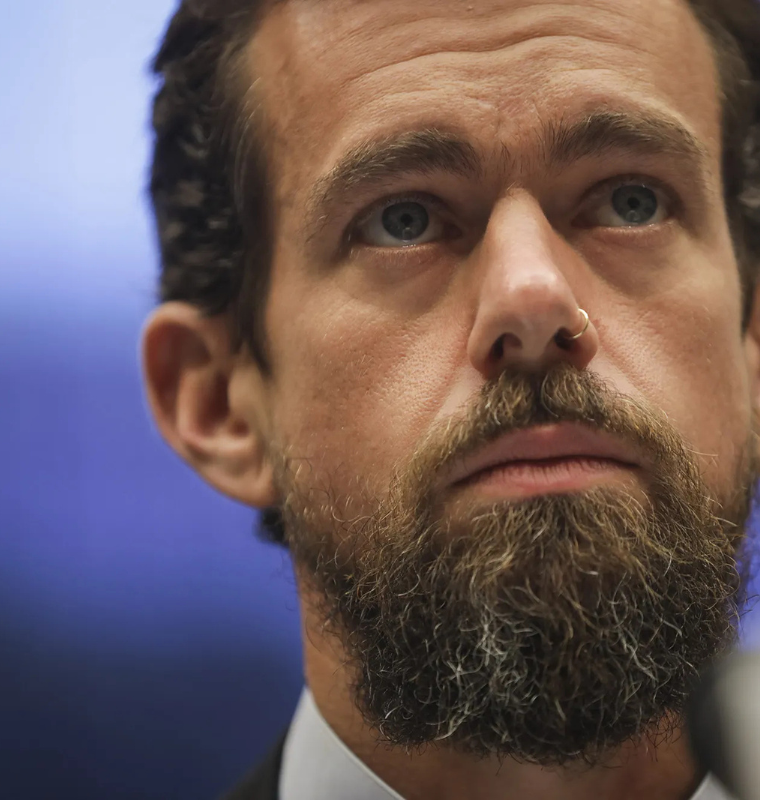Rising Japan China Tensions Put Additional Strain on Japan’s Weakening Economy
Rising Japan China Tensions Put Additional Strain on Japan’s Weakening Economy
By
Leah Rosenfeld
Last updated:
November 19, 2025
First Published:
November 30, 2025

Photo: The New York Times
Japan’s already fragile economy is facing a fresh and potentially damaging shock as diplomatic tensions between Tokyo and Beijing escalate. The dispute, sparked by Japanese Prime Minister Sanae Takaichi’s recent remarks on Taiwan, has triggered an immediate response from China, including travel warnings and intensified military activity near disputed territories. Economists warn that the impact on tourism, trade and investor sentiment could linger for months and deepen Japan’s economic challenges.
One of the most immediate risks lies in tourism. Mainland China is Japan’s single largest source of foreign visitors, accounting for roughly 5.7 million arrivals in the first ten months of 2025—about 23 percent of all inbound travelers. After Beijing advised its citizens to avoid Japan, stocks tied to travel, hospitality and retail fell sharply. Analysts say this reaction could be just the beginning if tensions drag on. Historical data supports this concern, as Chinese arrivals dropped nearly 8 percent during the 2012 Senkaku Diaoyu Islands dispute, dealing a noticeable blow to Japan’s service sector.
Economists are now projecting multi billion yen losses. Takahide Kiuchi of the Nomura Research Institute estimates that a prolonged deterioration in relations could cut Japan’s GDP by 1.79 trillion yen over a year, equivalent to a 0.29 percent decline. Tourism alone has been one of Japan’s few reliable growth engines, contributing 0.4 percentage point to the country’s modest 0.1 percent GDP expansion last year, according to Mastercard Economics Institute.
Moody’s Analytics also warns of substantial downside risk. Stefan Angrick, head of Japan research, said a steep fall in Chinese tourism could trim GDP growth by another 0.2 percentage point, especially if arrivals drop by half as they have in previous diplomatic standoffs. While not catastrophic, he emphasized that this would be a significant setback for an economy that contracted 0.4 percent in the third quarter and shrank 1.8 percent on an annualized basis—its first decline in six quarters.
The political confrontation began on November 8, when Takaichi said that any Chinese attempt to seize Taiwan by force would represent a “survival threatening situation” for Japan. She added that Japan could be obligated to assist the United States if U.S. naval vessels intervened to counter a Chinese blockade. Beijing reacted sharply. China’s consul general in Osaka posted an inflammatory message online—later deleted—saying that “the dirty neck that sticks itself in must be cut off.” Tokyo immediately summoned China’s ambassador, prompting Beijing to do the same with Japan’s envoy.
Since then, China has issued travel warnings, increased naval and drone activity near the Senkaku Diaoyu Islands, and intensified messaging through state media. Chinese broadcaster CCTV accused Takaichi of making remarks that were “extremely egregious” and a “gross interference” in China’s internal affairs. Beijing maintains that Taiwan is part of its territory and has not ruled out the use of force to pursue unification. Taiwan rejects this claim, insisting its future must be determined by its people.
Experts believe the standoff could extend for months. Veteran investor David Roche says tensions will remain elevated unless Takaichi withdraws her comments—a move he views as unlikely. He notes that China sees this as a major red line, interpreting Japan’s posture as a signal that it may play a larger role in efforts to deter Chinese military ambitions. Even the United States maintains “strategic ambiguity” regarding Taiwan’s defense under the Taiwan Relations Act, a contrast to Takaichi’s more explicit language.
Political analyst Tobias Harris of Japan Foresight also expects a prolonged clash. He argues that neither Beijing nor Tokyo can easily de escalate. Taiwan’s strategic importance makes it impossible for China to appear permissive, while Takaichi risks looking weak domestically if she backtracks. With her approval ratings sitting at a remarkably strong 69 percent as of November 16—among the highest for any Japanese leader in decades—she currently has political space to maintain her stance.
Harris warns that this episode could evolve into a broader downturn in bilateral ties—similar to the fallout from South Korea’s deployment of the THAAD missile system in 2016. At that time, China orchestrated large scale economic pressure campaigns, including group travel bans, consumer boycotts and restrictions on Korean entertainment. A comparable pattern toward Japan could lead to a prolonged freeze in political dialogue, fewer cultural and business exchanges and deeper economic loss.
The combination of geopolitical tension, tourism declines and an already contracting economy leaves Japan in a vulnerable position. The coming months will reveal whether diplomatic channels can prevent further deterioration—or whether the economic hit will intensify as both nations remain entrenched in their positions.
Popular articles
Subscribe to unlock premium content
London’s Gourmet Playgrounds

From Bean to Buzz in Thailand

The Secret Life of Pop-Up Luxury Restaurants in Paris

London’s Gourmet Playgrounds

From Bean to Buzz in Thailand

London’s Gourmet Playgrounds









